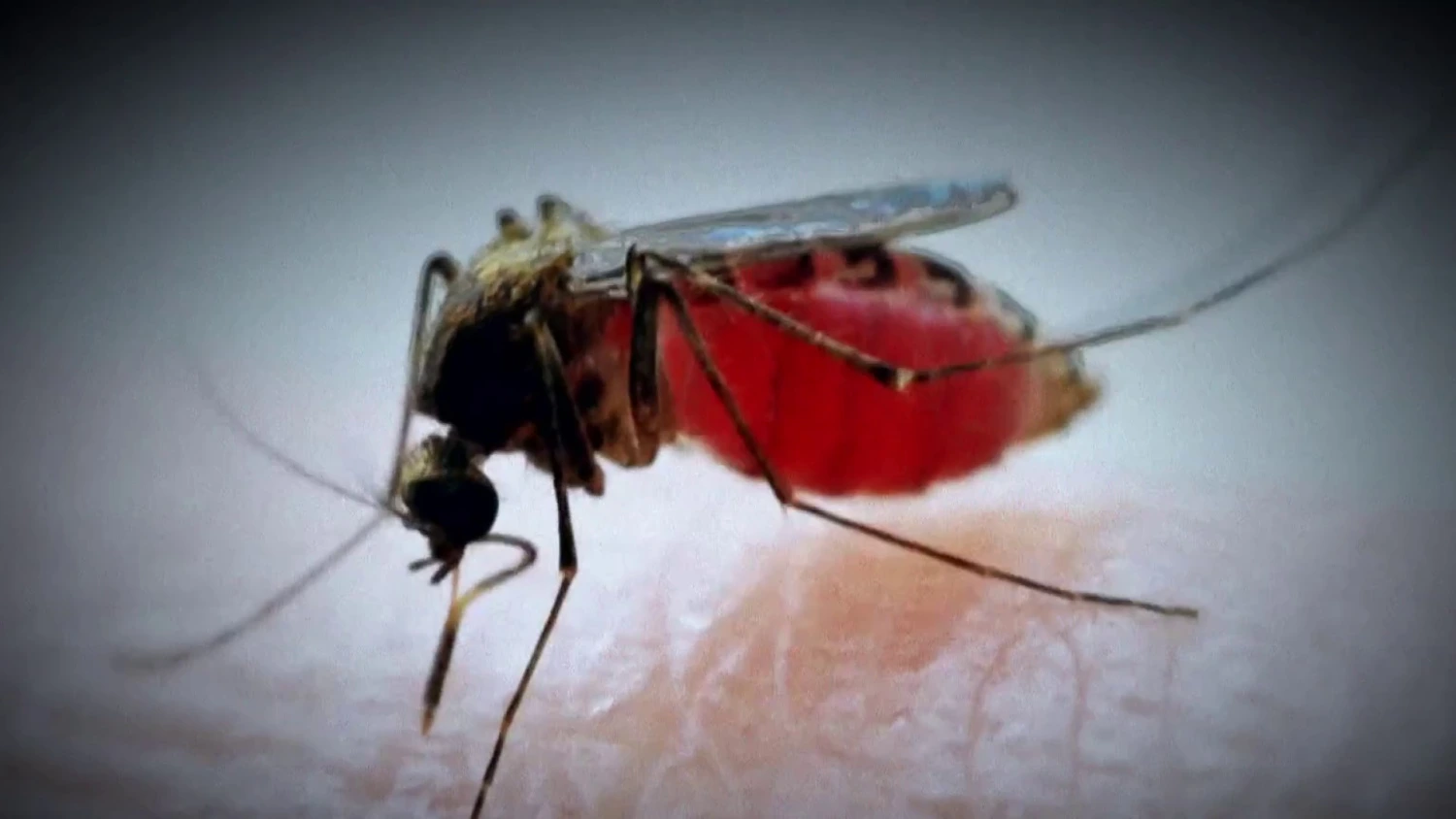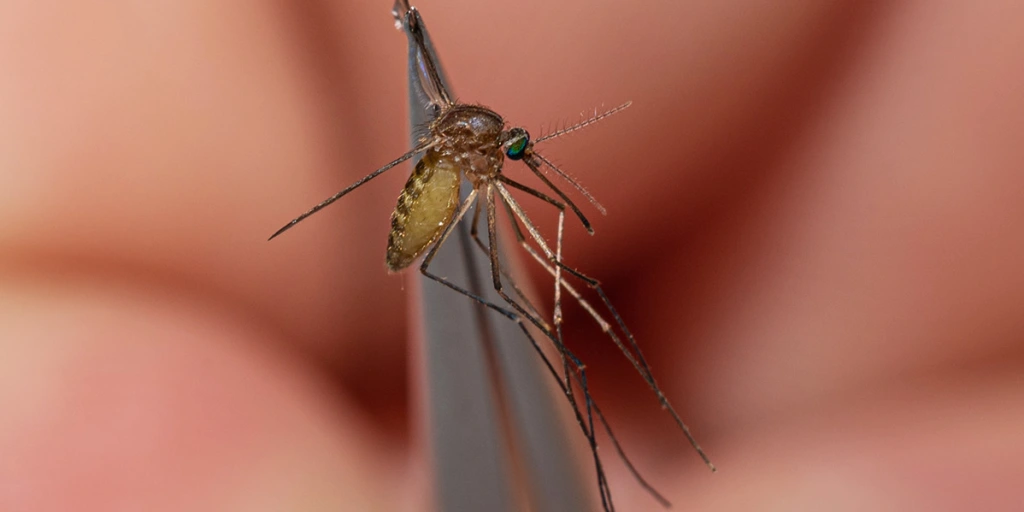The practice of restricting outdoor activities near sunset to combat mosquito-borne viruses, like Eastern Equine Encephalitis (EEE), is a well-established public health measure, previously implemented in Massachusetts and Connecticut in 2005, 2012, and 2019.
However, this year’s announcement of a similar curfew in Oxford, Massachusetts, has ignited significant public backlash, with about 200 residents attending a town meeting to voice their opposition.
The curfew, which asks residents to conclude outdoor activities by 6 p.m. in September and 5 p.m. in October until the first frost, has sparked a debate, reflecting a growing frustration with such restrictions.
Philip Davis, president of Oxford’s Little League, observed that the resistance to this year’s curfew is largely due to the cumulative fatigue from previous health measures, particularly those imposed during the Covid-19 pandemic.
Many residents feel they have endured enough restrictions and fear-based living and now believe that parents should have the autonomy to decide what’s best for their children. This sentiment underscores the community’s weariness and desire to return to normalcy after years of pandemic-related limitations.
Eastern Equine Encephalitis, while rare, is a serious and often deadly virus transmitted by mosquitoes, particularly active at dusk and dawn. The virus can cause severe brain inflammation, leading to symptoms like sudden headaches, high fever, seizures, and in some cases, death.
Although only about 11 cases are reported annually in the U.S., the severity of the disease justifies the caution taken by health officials. This year, four cases have been identified, including a fatal case in New Hampshire, highlighting the continued threat.

Health experts, such as Dr. Kristy Murray from Emory University, support the implementation of curfews as part of a broader prevention strategy. They point to historical outbreaks, like the 1938 epidemic in Massachusetts that resulted in 25 deaths, mostly in children, as a reminder of the potential consequences of not taking preventive measures seriously.
Public health officials aim to prevent a similar outbreak by recommending these curfews, even though they acknowledge that these decisions are not made lightly.
Dr. Catherine Brown, Massachusetts’ state epidemiologist, acknowledges the public’s concerns about the negative impact of curfews on children’s mental and physical well-being.
She emphasizes that public health is about finding a balance between protecting the population from infectious diseases and ensuring children’s overall health. Brown reassures that these curfews are part of a layered strategy and are only recommended when absolutely necessary, given the significant risk posed by EEE.
Despite these precautions, not all residents are convinced of the need for such strict measures. A petition on Change.org opposing the curfew has garnered nearly 900 signatures, reflecting widespread discontent.
Parents like Cambria Macki, an ER nurse, argue that other preventive measures—such as spraying for mosquitoes and using protective clothing—could be sufficient without imposing restrictive curfews that limit children’s outdoor activities.
She highlights the critical role that sports and outdoor play have in maintaining children’s mental health, especially in light of the increased rates of youth suicide and the long-lasting effects of the Covid-19 pandemic.
Public health officials like Rike Sterrett, Oxford’s director of public health services, recognize the challenges posed by the lingering impact of the pandemic on public trust.
She emphasizes that the town’s curfew is voluntary and that exceptions have been made for certain groups, such as sports teams, who can continue their activities with proper precautions. This approach seeks to balance the need for public safety with the community’s desire to maintain a sense of normalcy and autonomy.
The debate in Oxford highlights a broader tension between public health imperatives and individual freedoms. While some residents are advocating for more flexible guidelines that align with state recommendations—such as limiting outdoor activities only from dusk to dawn—others are pushing back against any restrictions at all.
This ongoing struggle illustrates the complex challenges that health officials face in protecting communities from serious diseases like EEE while also respecting the rights and concerns of the public.
